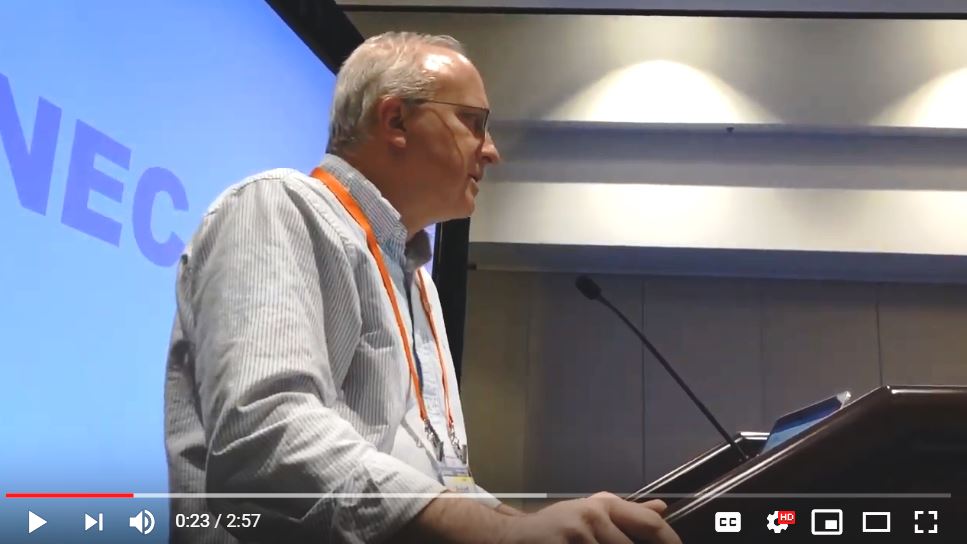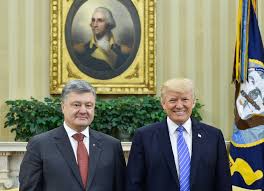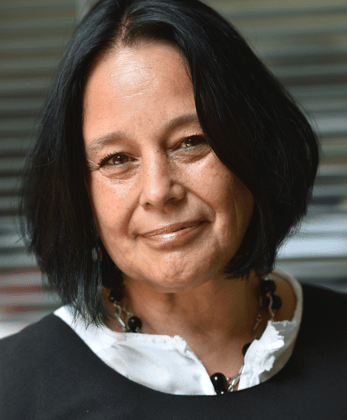Robert Orttung, the chair of the panel, “Islamic Politics in the North Caucasus: Regional Diversification, Diaspora, and Secular Intervention,” at the 2018 ASEEES Annual Convention, Boston, MA, made a statement, on December 6th, 2018, about Matthew Hedges, a member of the panel who was not able to attend the conference. Orttung:
Welcome to the panel on “Islamic Politics in the North Caucasus: Regional Diversification, Diaspora, and Secular Intervention.” Before we begin our presentations and discussions I wanted to let you know about the evolution of the panel.
Originally, Matthew Hedges was supposed to join as a presenter. He is a political science graduate student from Durham University in the UK. As my GW colleague Marc Lynch points out on the Washington Post’s Monkey Cage blog,
“Hedges was arrested on May 5 at the airport in Dubai during a research trip, and five months later was accused by the UAE public prosecutor of spying for Britain. Just before Thanksgiving, he was sentenced to life in prison, shocking the academic community and sparking a diplomatic crisis with the British government. A presidential pardon finally released him from prison. Now he is back home with his wife in the UK. Hedges was reportedly arrested after his questions about UAE foreign policy and arms acquisitions after the Arab Spring aroused the suspicion of one of his interviewees. Such research topics, while of obvious potential sensitivity in the autocratic and tightly controlled UAE, fall well within the mainstream of political science.”
A good part of the reason that Hedges was free was because the academic community spoke out in his defense and put pressure on the UAE authorities to release him. His wife Daniela Tejada led a tireless campaign to help her husband. When one of our panelists, Sufian Zhemukhov, wrote to Matt to enquire about his paper, it was she who responded and informed us what was going on. She wrote on Twitter: “Without the involvement of the media, the overwhelming support of academics, the public worldwide, the work of the British diplomatic body in the UAE and Secretary Hunt’s intervention, this would have never happened.”
We especially want to thank Lynda Park and her colleagues at ASEEES who worked with the Middle East Studies Association and other groups to draw attention to Matthew’s case and put pressure on the UAE authorities to release him.
Obviously, this is a problem that affects our region of study as much as it does the Middle East. While the power of academics is limited in these kinds of situations, it is good to know that our organization will do what it can to help.
Daniela wrote that “It is to be hoped that the pressure of academics, writers and the UK government will not simply dissipate in the…release of Matthew Hedges. After all, if you are concerned about academic freedom then you should be demanding [many others’] release.”
See the statement on YouTube:












